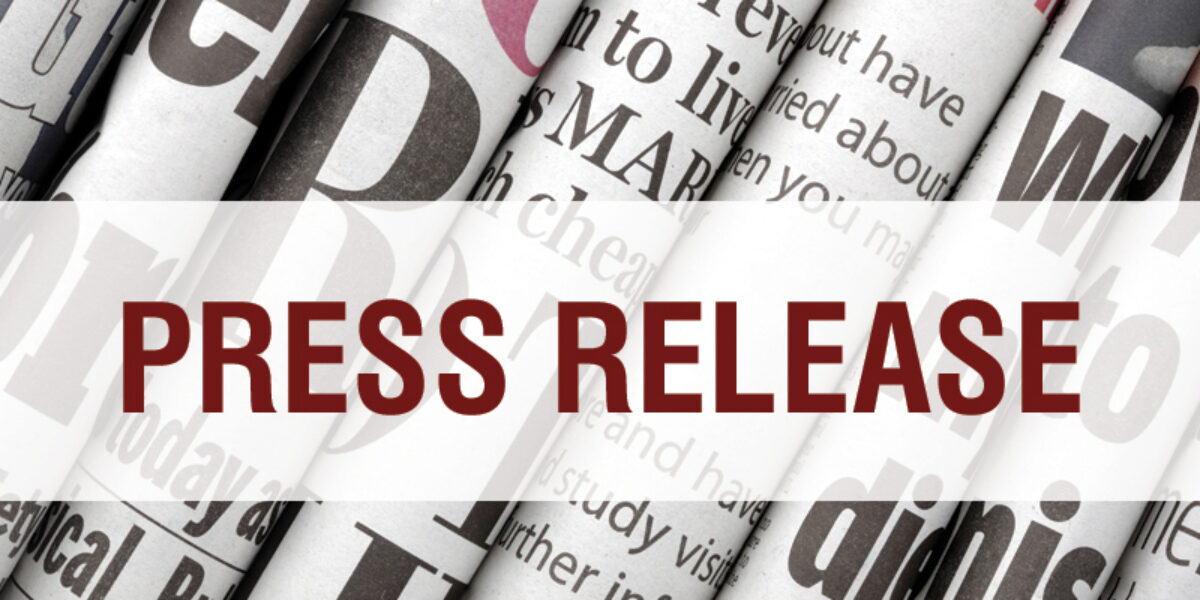PHILADELPHIA, April 4, 2017—The results of the latest State of the Bible survey by American Bible Society showed Americans overwhelmingly believe the Bible is a source of hope and a force for good even as they express growing concern for our nation’s morals. The survey also found that Americans have positive associations with the Bible and those who read it.
The annual survey for 2017 shows 81 percent of Americans say morals are declining—a 5 percent increase from 2016. Though Americans see the nation’s moral fabric decaying, they also identify the Bible as a contributor to the positive aspects of American life.
“The Bible remains a hands-down winner of hope for Americans,” said Roy Peterson, president and CEO of American Bible Society. “Those who are opening up the Word of God are discovering it to be a guide to help make sense of life and a source of eternal hope.”
Sixty-eight percent of Bible users report turning to the Bible because it brings them closer to God, while 58 percent of all Americans wish they spent more time reading or listening to the Bible. Of those who increased their Bible engagement over the last year, 39 percent did so because of a difficult life experience that caused them to seek direction or answers—an increase of 13 percent from 2016.
The report also found Americans have a positive view of people who read the Bible daily. The top three attributes ascribed to daily Bible readers are: humble (39 percent), loving (38 percent) and accepting (34 percent).
The upward trend in the number of people considered Bible skeptic[ii] seems to be leveling off: 19 percent of Americans are now considered skeptic, returning to levels last seen in 2014. Further up the engagement spectrum is Bible neutral[iii] at 23 percent, Bible friendly[iv] at 38 percent and Bible engaged[v] at 20 percent. This year Bible hostile[vi] is a new subcategory of Bible skeptics, identifying those who view the Bible as harmful. Bible hostile is at 13 percent, which leaves non-hostile Bible skeptic at 6 percent.
“While it is too early to say the decrease in Bible skepticism is a trend, we are optimistic and will continue tracking the data in the coming years to measure how the number of people who are skeptic toward the Bible changes,” said Geof Morin, executive vice president of ministry mobilization at American Bible Society. “Either way, we encourage all Americans to give the Bible a chance and read it for themselves. American Bible Society and a large majority of Americans know that reading and understanding the Bible can bring hope, peace, patience and generosity.”
State of the Bible is an annual report commissioned by American Bible Society and conducted by Barna Group on behaviors and beliefs about the Bible among U.S. adults. For more information about the latest State of the Bible research, visit StateoftheBible.org
Survey Methodology:
The State of the Bible 2017 report contains the findings from a nationwide study commissioned by American Bible Society and conducted by Barna Research (a division of Barna Group). Two research methodologies were used for the study: the first included 1,025 telephone interviews (including cellphone interviews) with adults in all 50 states in the U.S., and the second study consisted of 1,028 online surveys using a nationally representative panel. The use of two methodologies provided a larger sample size for key questions and ensured even greater representation among all age groups. The telephone interviews were conducted Jan. 20 – 30, 2017, and included U.S. adults 18 years of age or older. The online surveys were conducted Jan. 23 – Feb. 2, 2017.
[ii] Bible skeptic: one who believes the Bible is just another book of teachings written by men
[iii] Bible neutral: one who has lower, but not negative, view of Scripture and rarely or never reads the Bible
[iv] Bible friendly: one who has a high view of Scripture but reads it fewer than four times a week
[v] Bible engaged: one who has a high view of Scripture and reads it four or more times a week
[vi] Bible hostile: one who believes the Bible is just another book of teachings written by men and was written to control or manipulate people





